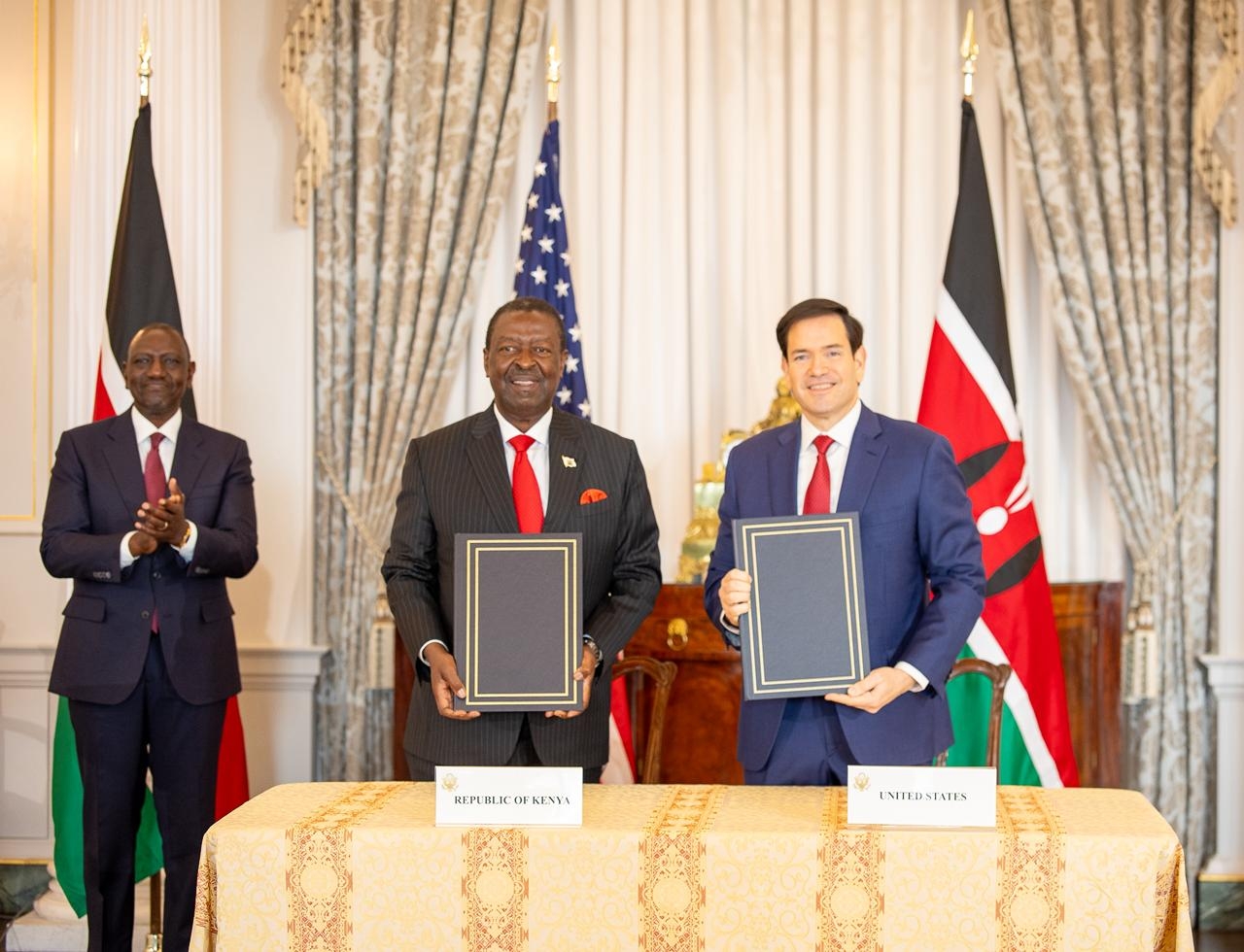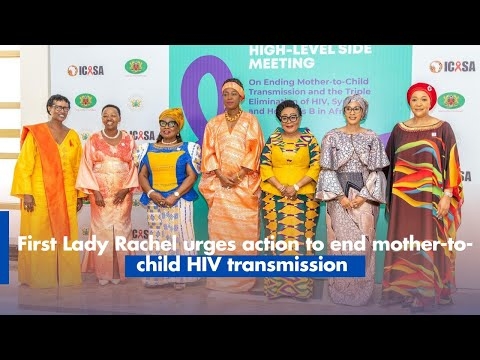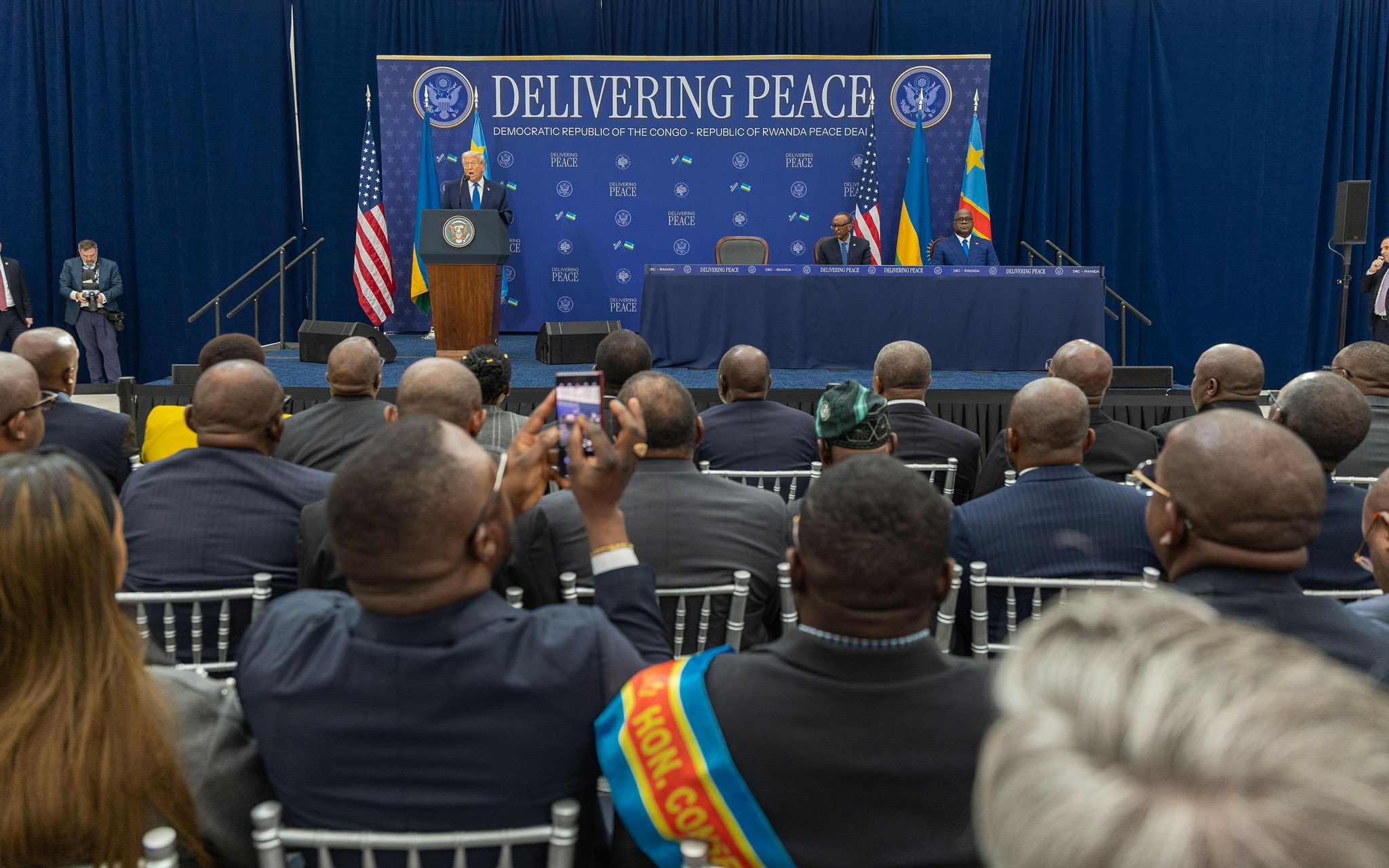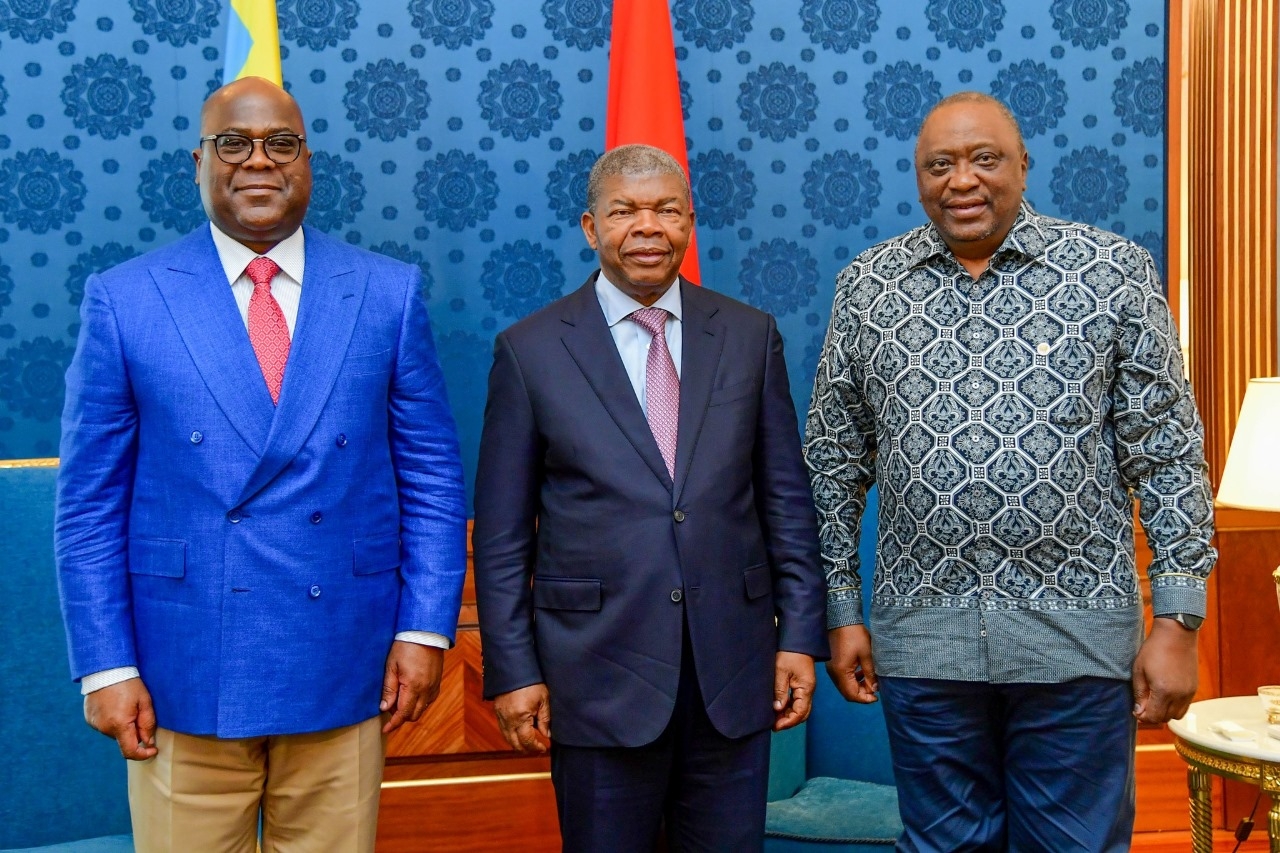The World Bank, in its 2023 publication, “Preparing girls for the future of Africa,” states that with each education level attained by girls and women, the gender gap in digital skills decreases. Completion of higher education leads to most equitable access and use of internet among women, which is around 80 per cent of female higher education graduates using the internet.
The report further states that in Sub-Saharan Africa, there is a gender digital divide of 43 per cent per cent regarding access to the internet. According to Unesco, only 21 per cent of women in Kampala and 20% in Nairobi use the internet, compared to 61 per cent and 57 per cent of men, respectively. This gap is due to factors such as lack of digital skills, poor access to the internet, divisive social norms and stereotypes, and general unaffordability of data and devices.
The United Nations Sustainable Development Goal 12 (SDG 12) encourages the adoption of sustainable lifestyles. SDG 12, which advocates for “responsible consumption and production” is one of the 17 goals established by the United Nations as part of the 2030 Agenda for Sustainable Development. Sustainable Development Goal 4 also calls for quality education, aiming to ensure inclusive and equitable quality education and promote lifelong learning opportunities for all.
African Women's day, was celebrated on July 31, and yet as so much has been achieved, we as indigenous African women in general, Pan Africanists, and the diaspora African descendants, need to look at such whopping statistics and still demand more from our governments. For instance, we can champion for Governments to enhance the digital literacy skills of especially underprivileged African women and girls. The question to ask is how the increase in digital literacy for African women, increase their capabilities?
The capabilities approach, championed by theorists Amartya Sen and Martha Nussbaum, is a transformative narrative, particularly significant in the context of women's empowerment and well-being, and digital literacy, in the current decade cannot be overlooked as one of the tenets of well-being. Sen defines a capability as “a person’s ability to do valuable acts or reach valuable states of being; it represents the alternative combinations of things a person is able to do or be.”
For instance, as part of a project, you give mobile phones, but without money for data or WiFi infrastructure, then that mobile phone, will not help the woman translate its use to full capabilities Also, without the knowledge of the digital tools and its entire usage, the user cannot help themselves much. Capabilities learnt from digital literacy, can translate to opportunities or freedoms to achieve what an individual reflectively considers valuable.
The capabilities approach explores not just the tangible outcomes of development but delves into the wider aspect of what women can do and be. Development, towards women should no longer be confined to narrow assessments of income, the narrative should expand to encompass health, education, social relationships, and political participation, painting a richer portrait of women's lives and digital literacy can increase all these foundations of a richer life for African women.
At its heart, the capabilities approach for women rests on ethical foundations. It recognises the inborn value of women's well-being and dignity. It beckons a society where the flourishing of women is not just an aspiration but a fundamental right, according to the theorists. For the policymakers in the area of increasing digital literacy and inclusivity, this narrative becomes a compass that ensures interventions where women's voices are heard and their potentials unleashed.
Democracy support researcher and scholar based in Sweden, [email protected]













